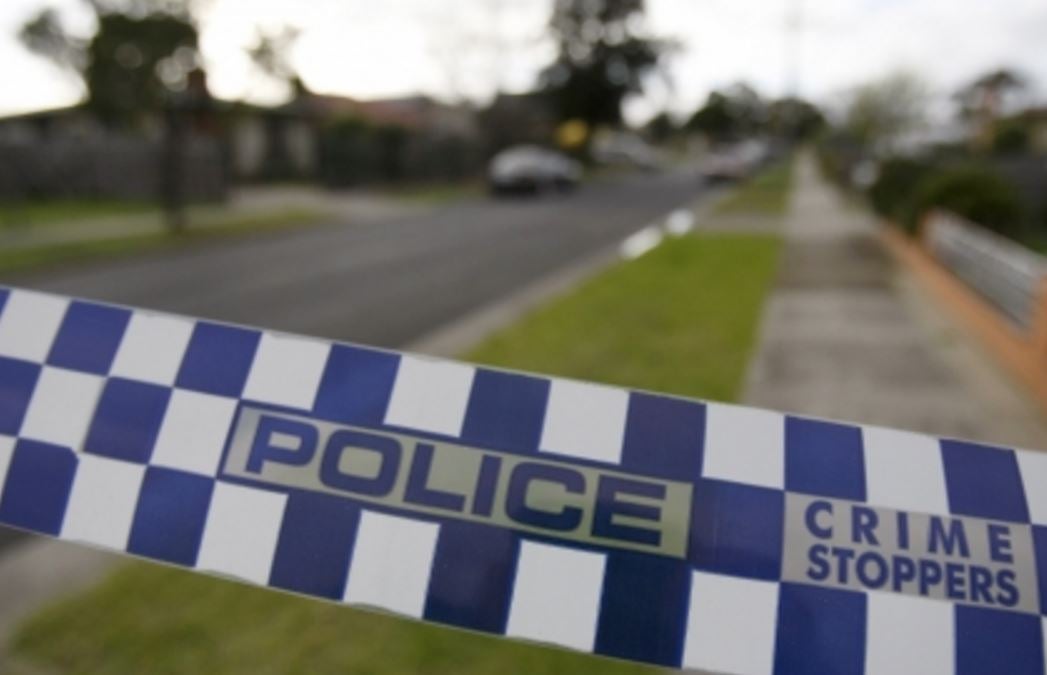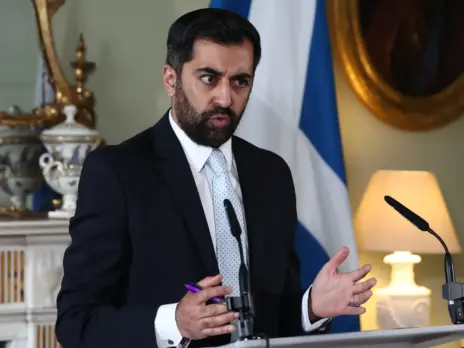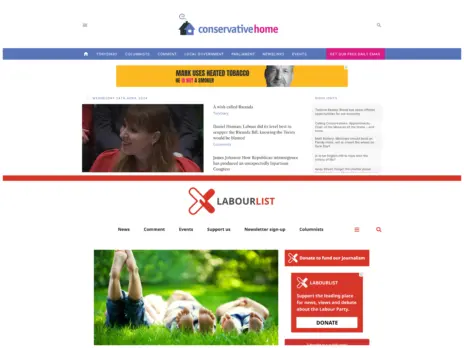
Draft media guidelines published by the College of Policing impose a number of new controls on police contact with journalists.
They say that off the record (or non reportable) conversations between police officers and journalists should only happen in “exceptional circumstances”.
And they set out wide-ranging circumstances in which officers are urged to involve Corporation Communications Departments (press officers) rather than speak to journalists directly.
The new guidelines replace a similar document published by the Association of Chief Police Officers in 2010 and appear to go further in restricting direct contact between police and journalists.
Since the Leveson Report of December 2012 there have been widespread complaints from journalists that police forces are more secretive than they were previously and that officers are reluctant to talk to them. The 2014 Society of Editors conference heard widespread complaints from regional editors that they have little relationship with local police forces nowadays are treated like “the enemy”.
The new guidelines state: “A successful working relationship between the police service and the media is vital. Working with the media to communicate to the public can help solve crimes, bring offenders to justice and keep communities safe.”
And they appear to set out a culture of openness with the statement: “As a simple rule, police officers and staff should ask: ‘Am I the person responsible for communicating about this issue and is there a policing purpose for doing so?’
“If the answer to both parts of this question is ‘yes’, they should communicate with the media. Officers and staff of all ranks and roles are encouraged to provide factual information to the media concerning operational incidents or investigations for which they have personal responsibility.”
However, the guidelines then set out the many circumstances in which officers should involve PR teams in the CCD, rather than just talking to journalists direct.
They state: “When engaging with media, officers and staff should always consider the need to involve a CCD, which may be able to offer advice, background or key messages to assist them…
“If in doubt, officers and staff are encouraged to check with the CCD before speaking to the media.”
Grounds for referring questions from the media to the CCD set out in the report include:
- All serious crime appeals
- All incidents involving a fatality
- Media appeals for high-risk missing persons
- Media appeals for wanted or dangerous persons
- Release of any image of a known, named person (missing/wanted/convicted/subject to a court order or other legal restriction)
- All matters relating to security or terrorism
- A hate crime or hate incident
- Critical incidents or those with organisational reputational vulnerability
- Incidents involving high-profile figures such as celebrities or VIPs
- Any incident declared serious or major
- Any enquiry about sex offenders
- Requests for evidential material
- Appeals following arrest or charge
- Documentary requests
- Interview requests relating to force policy
- Anything relating to national media, including Crimewatch.
They state that, where possible, PR staff should be present for a media interview which:
- addresses national issues
- could have an impact on or cause community tensions
- is a high-profile case with significant media interest
- could damage force reputation or the wider reputation of the police service
- is likely to generate interest from other media.
The guideliness appear to cement the status quo, where individual police officers (even at a senior level) are generally reluctant to speak to journalists. Earlier this month, former Guardian crime reporter Duncan Campbell told Press Gazette that serving officers even declined to speak to him for his research for a book about the history of crime reporting.
A number of police officers have been sacked, and even arrested, in recent years for giving unauthorised information to journalists where no money changed hands.
The guidelines state that all communications with media should be on the record and “reportable” apart from in “exceptional circumstances”.
Non-reportable background conversations with journalists can happen, but a note of the subjects discussed should be kept by the officer concerned.
The guidance underlines previous advice to officers noting: “There are no powers prohibiting reporting or filming from the scene of an incident provided it is conducted from a public place.”
There have been numerous incidents in recent years where journalists have been stopped by police from photographing at the scene of incidents.
The document also states that the police should respect a journalists “right to share information in confidence” when they have generated an exclusive.
The guidelines also underline the existing widespread policy, following the Leveson Inquiry, that arrested suspects will not be named by police “save in exceptional circumstances where there is a legitimate policing purpose to do so”.
They state: “When someone is arrested, police can proactively release the person’s gender, age, where they live (ie, the town or city), the nature, date and general location of the alleged offence, the date of the arrest, whether they are in custody or have been bailed, and the subsequent bail date or if they were released with no further action being taken.
“In order for police to confirm that they have made an arrest or attended a particular incident, the media need to provide details sufficient to allow that arrest or incident to be traced, including location, date and type of offence. If confirming that an arrest has been made, police should always be clear that in doing so they are not confirming the identity of the arrested person.”
The guidelines state that those charged with an offence should be named “unless there is an exceptional and legitimate policing purpose for not doing so”.
The identities of people dealt with out-of-court by police should not be revealed, the guidelines state.
Custody photos should be released after a guilty verdict at court “unless there is a court order or legitimate policing purpose preventing their identification”, the guidelines state.
They also sate: “Details of non-suspicious sudden deaths should only be proactively issued if there is an operational policing reason to do so. Information that a body has been found can be confirmed following an enquiry from the media, but nothing should be released that could identify the deceased.”
The new guidelines are currently out to consultation, more details from the College of Policing.
Email pged@pressgazette.co.uk to point out mistakes, provide story tips or send in a letter for publication on our "Letters Page" blog






